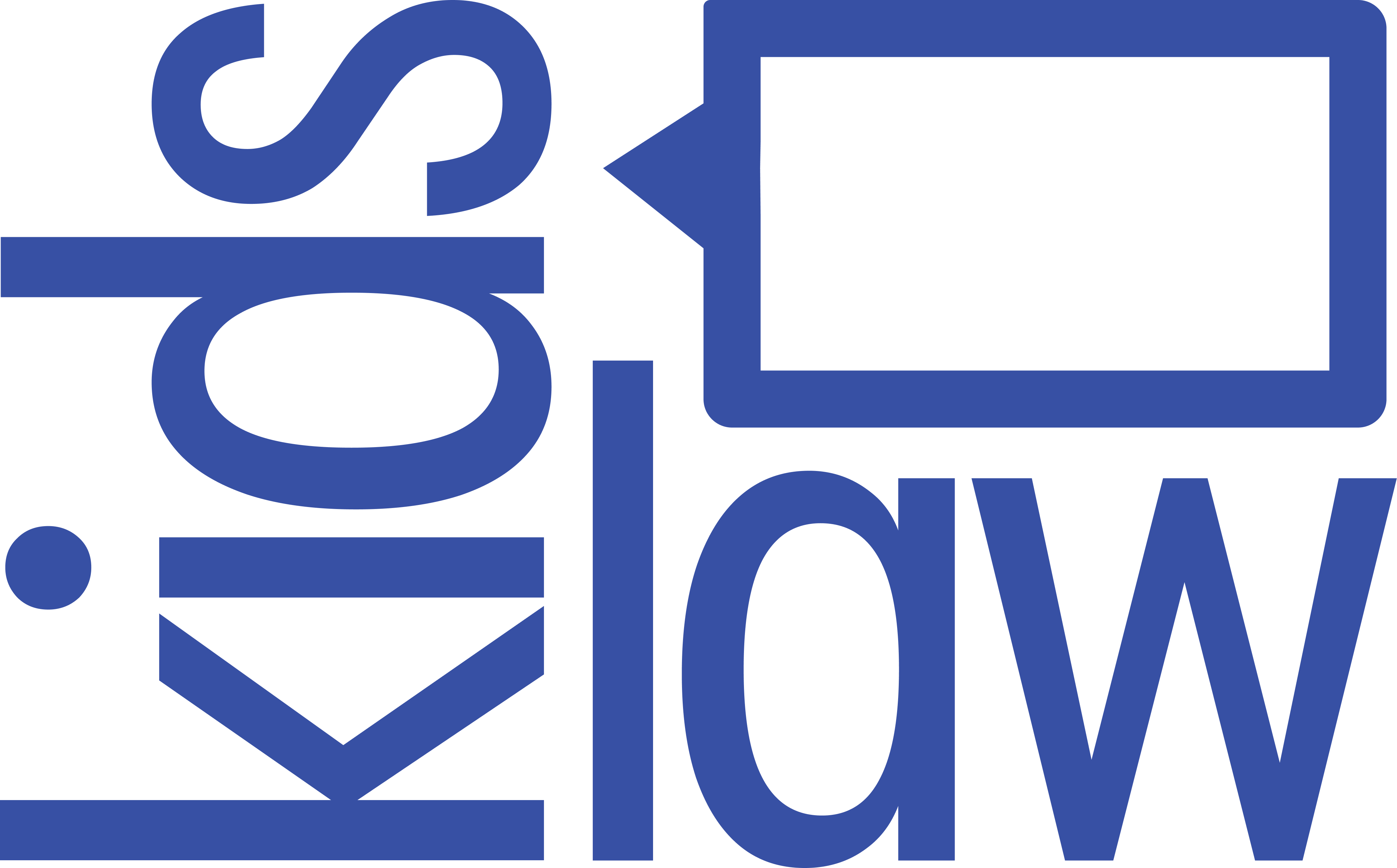In a fascinating episode of the Kids Law Podcast, hosts Alma Constance and Lucinda explore the complex legal landscape surrounding young content creators online. Their guest, Steve Kuncewicz—Partner at Glaisyer’s ETL law firm and Head of Creative, Digital and Marketing—brings valuable insights into the legal challenges and protections for children who create content for social media platforms.
As more young people build online audiences and even careers through platforms like TikTok, YouTube, and Instagram, understanding the legal frameworks that affect them becomes increasingly important. This episode unpacks crucial questions about ownership, consent, monetisation, and protection in the digital space.
The Growing World of Young Content Creators
The digital landscape has transformed dramatically, creating unprecedented opportunities for young people to share their creativity with the world. Steve Kuncewicz explains that content creation often begins as a hobby or niche interest but can quickly evolve into something more substantial.
“It’s fairly easy to build yourself a profile, it’s easy to become popular, it’s easy to attract attention,” notes Steve, who speaks not just as a legal expert but also as a parent of a child interested in content creation.
However, this ease of access comes with challenges. Steve emphasises that preparing young creators for the realities of online exposure is essential: “No matter what you do, no matter how well you try and do it, you are going to get some nasty comments.”
nforcement action,” potentially including substantial fines.
Parents Creating Content Featuring Their Children
A particularly complex area involves parents who create content featuring their children. These family channels and accounts can be highly lucrative but raise serious ethical and legal questions.
“The kids that appear in these kind of videos don’t have the same kind of protection as a child actor would have on a movie set,” Steve explains. This creates a protection gap that legislators have yet to fully address.
Key concerns include:
- Children’s ability to provide informed consent about appearing online
- Parents serving dual roles as both guardians and career managers
- Distribution of earnings between parents and children
- Long-term implications for children’s privacy and digital footprint
The Children Act 1989 stipulates that adults can “receive or recover in their own name any property for the benefit of their child,” suggesting that earnings should ultimately benefit the child. However, Steve notes that family dynamics can complicate this arrangement: “It’s going to be very difficult for a family to sit down and negotiate an agreement about how their money is divvied up.”
International Perspectives and Future Trends
The podcast highlights that legal approaches to child content creators vary significantly around the world. In the United States, Congress is exploring specific protections for young creators, while the UK has yet to legislate specifically on this issue.
As the industry continues to grow, Steve suggests that all stakeholders—including platforms, brands, agencies, and parents—need to “think really carefully” about content involving children.
Supporting Young Creators in a Complex Digital Landscape
The Kids Law Podcast continues its mission of helping young people understand how laws work and impact their lives. This exploration of the legal landscape for young content creators highlights both opportunities and challenges in the digital space.
For young people interested in creating content online, understanding these legal frameworks is essential. Parental guidance, platform responsibility, and evolving legislation all play crucial roles in creating a safer digital environment.
Want to learn more? Visit https://www.kidslaw.info/, and don’t forget to subscribe to the Kids Law Podcast, rate our show, and share it with your friends. Keep your questions coming – we can’t wait to explore more fascinating legal topics in our next episode!
